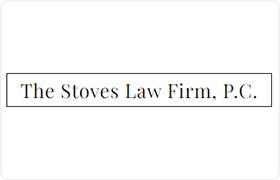Chelsea Misdemeanor Lawyer, Alabama
Sponsored Law Firm
-
 x
x

Click For More Info:
-
The Stoves Law Firm, P.C.
9 Office Park Cir Suite 105 Birmingham, AL 35223» view mapCriminal Defense Legal Expertise You Can Rely On
The Stoves Law Firm, P.C. provides outstanding Criminal Defense and Litigation services to individuals and businesses throughout the State of Alabama.
800-818-9390
Not enough matches for Chelsea Misdemeanor lawyer.
Below are all Chelsea Criminal lawyers.
James Campbell Pino
✓ VERIFIEDWith over 46 years of active trial experience, attorney Jim Pino has earned a solid reputation within the legal community for well-prepared and aggres... (more)
Joshua Paul Jones
✓ VERIFIEDJoshua Paul Jones is a knowledgeable trial attorney with over seven years of courtroom experience. Mr. Jones started his own law firm in 2011 after pr... (more)
Keith E. Brashier
FREE CONSULTATION
CONTACTRalph Bohanan
FREE CONSULTATION
CONTACT Jay Stoves Birmingham, AL
Jay Stoves Birmingham, AL Practice AreasExpertise
Practice AreasExpertise



